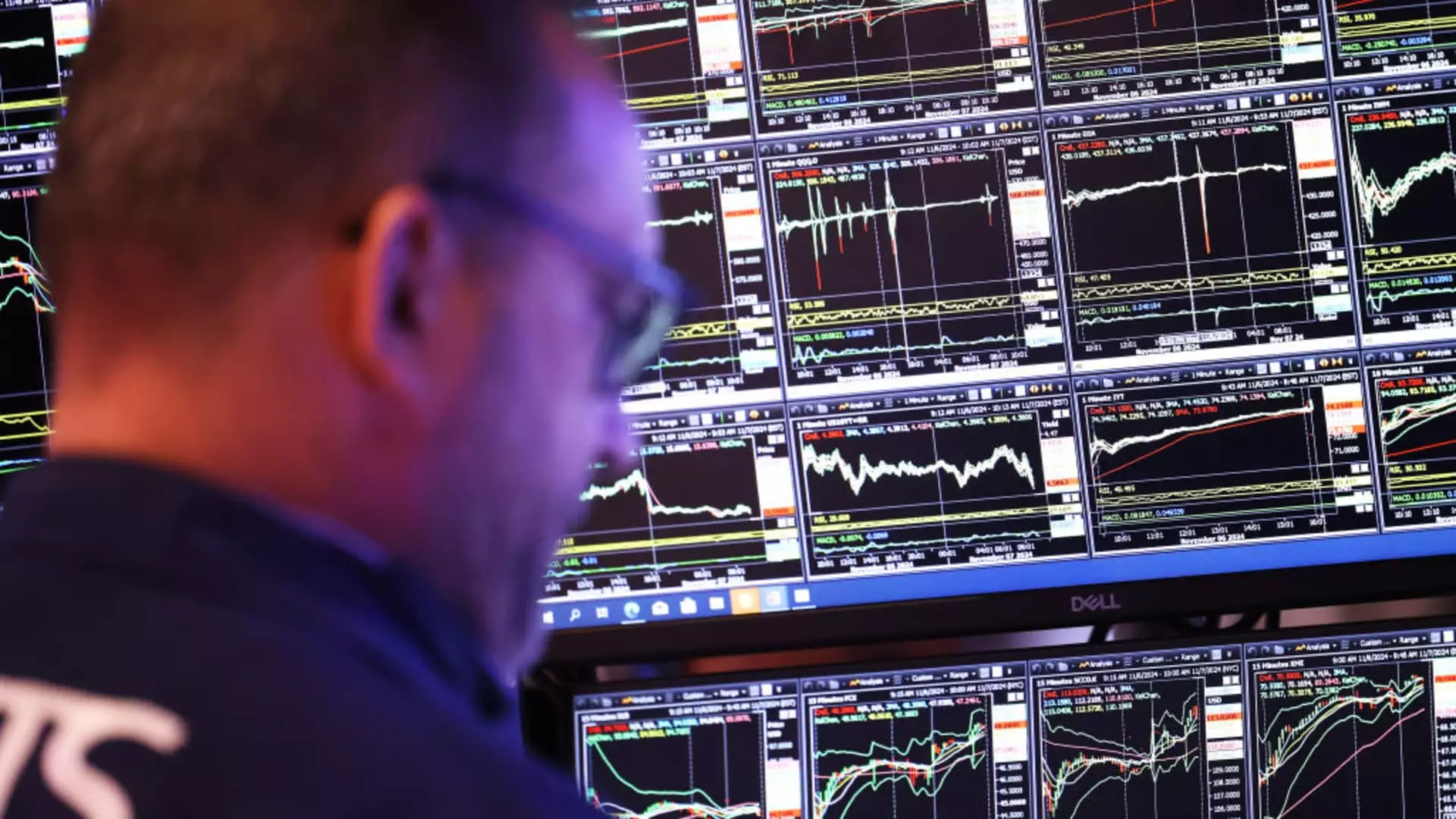On a decidedly downbeat note, European markets opened lower on Monday, reflecting a cautious sentiment among traders as they prepared for a critical week of monetary policy decisions. The Stoxx 600 index, a benchmark of European stocks, slipped by 0.14% shortly after trading commenced in London. This decline was largely driven by underperformance in the automotive sector, which has been particularly vulnerable to fluctuations in economic sentiment and consumer demand.
As France grapples with its internal challenges, the CAC 40 index saw a more significant drop of 0.58%. Investors were reacting to the unexpected downgrade from Moody’s, which adjusted France’s credit rating from Aa2 to Aa3, citing concerns over the nation’s fiscal health amidst ongoing political instability. This downgrade, combined with the recent appointment of Francois Bayrou as the fourth Prime Minister within a year, illustrates a turbulent political landscape that raises questions about the future direction of economic policy in France.
Corporate Developments Impacting Stock Performance
In a contrasting narrative, Vivendi’s shares surged by 33% as three major media entities spun off from the conglomerate began trading independently in Europe. The strategic move, which had received shareholder approval earlier in the month, seems aimed at unlocking intrinsic value by allowing each entity to operate separately in a competitive marketplace. Early trading results were mixed, particularly for Canal+, which faced a rocky debut on the London Stock Exchange, plunging 13% by mid-morning. Canal+ Chief Executive Maxime Saada’s decision to list in London underscores the company’s ambition to enhance its footprint in English-speaking markets, further complicated by current market dynamics.
Elsewhere, significant gains were noted for companies such as the Louis Hachette Group, whose shares jumped by 25% in Paris, while the advertising and public relations firm Havas experienced a 6% increase in Amsterdam. These positive trends within the Stoxx 600 index showcased that not all businesses are hampered by the prevailing climate, offering investors pockets of resilience amid broader market unease.
Political Quandaries and Global Implications
In a broader context, traders’ attentions were also fixed on Germany, where a potential vote of confidence loomed in the legislature. Chancellor Olaf Scholz’s call for trust from parliamentarians stems from an unstable governing coalition that collapsed just weeks prior, suggesting that political uncertainty in one of Europe’s largest economies could have far-reaching implications. Should the government lose confidence, snap elections may be necessary, potentially generating further volatility in the European financial landscape.
Moreover, the forthcoming U.S. Federal Reserve meeting on December 18 remains a pivotal point for global market participants. With the CME FedWatch tool indicating a 96% likelihood of a 25-basis-point interest rate cut, investors will be keenly scrutinizing not just the outcome but also Fed Chair Jerome Powell’s comments during the subsequent press briefing. Clarity on interest rate policy is critical, as it affects global liquidity and can pivot market trends unexpectedly.
As the December 19 Bank of England meeting approaches, anticipation builds that, despite current market pressures, a rate cut may not be in the cards, further adding to the intricate web of factors influencing European and global market trajectories. The interplay of these economic indicators, political events, and corporate performances will undoubtedly shape the landscape in the weeks ahead, leaving investors to navigate an environment fraught with uncertainty.

